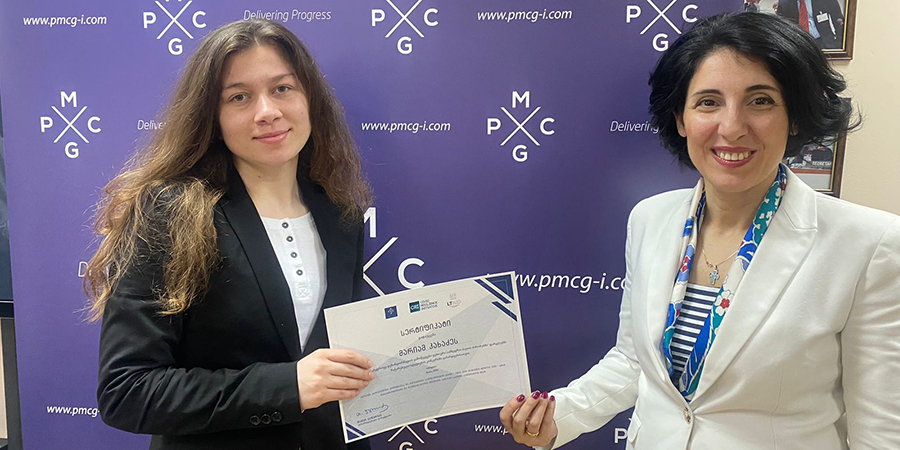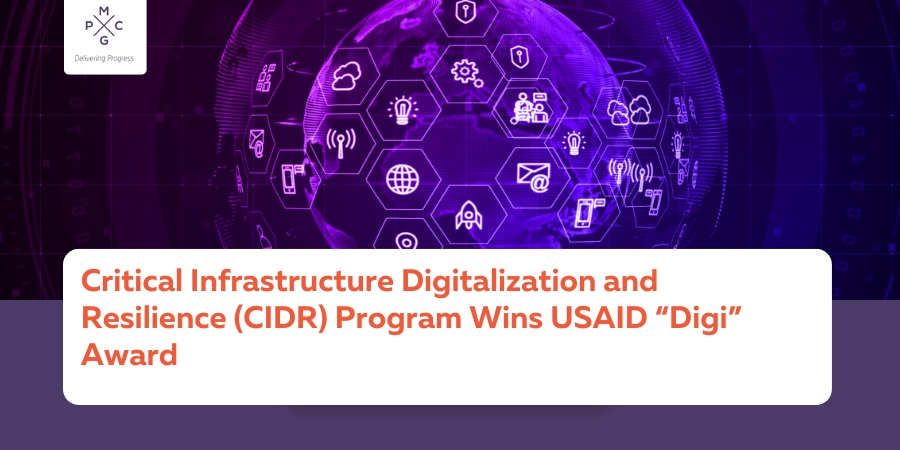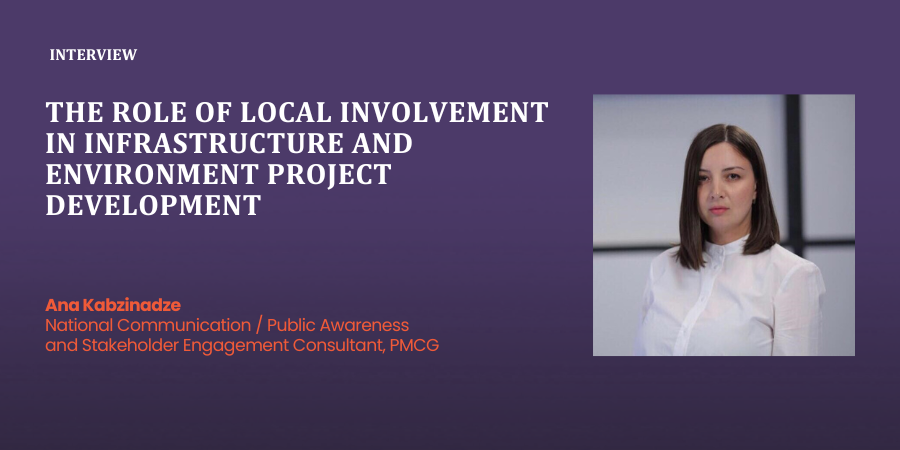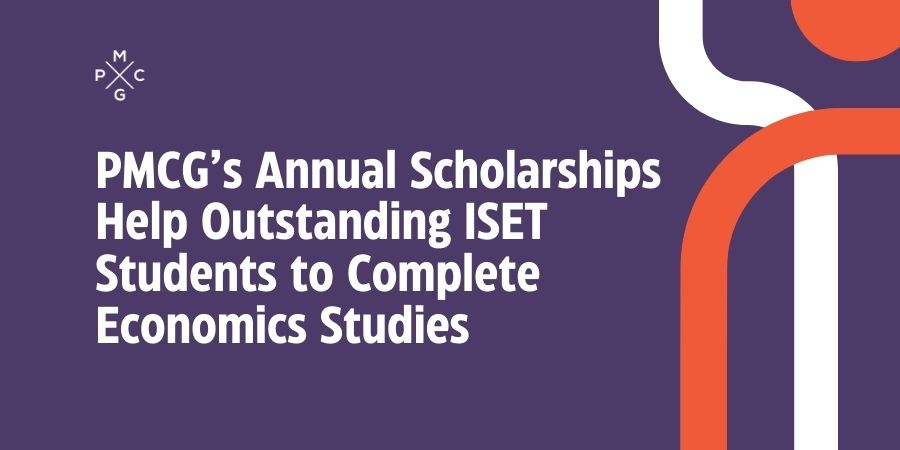Transforming Jordan’s Pharmaceutical Landscape

The USAID Public Financial Management and Administration (PFMA) Activity is a five-year program, in which PMCG is engaged as a subcontractor of DAI Global.
During a dynamic segment on Yakin Radio, the Director General of the Jordan Food & Drug Administration (JFDA) emphasized the critical importance of upholding drug registration guidelines to safeguard drug safety by 2024. While many medications are registered, a new initiative aims to prioritize essential medications lacking in the community, listed in an updated inventory with limited quantities.
Responding to the Minister of Finance’s call to investigate the soaring pharmaceutical bill, USAID’s Public Financial Management and Administration (PFMA) project partnered with local entities to conduct a study. The research pinpointed several factors behind the bill’s rise in Jordan- many of which had been identified in earlier analyses going back to at least 2014- and some additional issues that PFMA identified during the course of its investigation. One of these new issues focused on the procedures used in public tenders for registration, importation and pricing of some essential medications lacking in the community.
JFDA’s decision to modify the procedures so that all imported medications must now undergo registration and adhere to national regulations were consistent with PFMA’s recommendations from its investigative efforts. This new registration process is poised to positively impact the government and the public by controlling spending on unregistered medications, expediting their availability in the Jordanian market, fostering competition among manufacturers for proper registration, providing necessary medications to the public, increasing registered alternatives, and reducing the dominance of single-source medications in tenders.
Furthermore, the registration of medications, including generic alternatives, has enriched Jordan’s pharmaceutical landscape. These generics, equivalent in efficacy to original prescriptions but from various manufacturers, offer consumers more choices and potentially lower prices. Educating the public on generic medication similarities has bolstered confidence in the quality and safety of registered drugs.
Nasri Alqaisieh, a public supply expert specializing in the procurement of medicine and medical equipment at PMCG, noted:
“The study is important as it addresses gaps in procedures affecting medicine pricing, such as drug tenders, national drug policy, supplier payment processes, and public health sector planning, especially within the Ministry of Health. Crucially, this activity will support the creation of a price reference point for unregistered medicines to improve future purchase estimates, thereby reducing bidder restrictions to increase competition and lower prices, and developing a national pharmaceutical policy for the next decade to find new solutions.”
By emphasizing the importance of drug registration, this initiative not only bolsters drug safety but also guards against counterfeit or substandard medications. Through robust registration and verification processes, individuals can now easily authenticate medications, ensuring they receive genuine and effective treatments.
This success story exemplifies how USAID’s collaboration with local stakeholders has significantly improved drug safety, affordability, and accessibility in Jordan, promoting a healthier populace and a more competitive pharmaceutical market.





